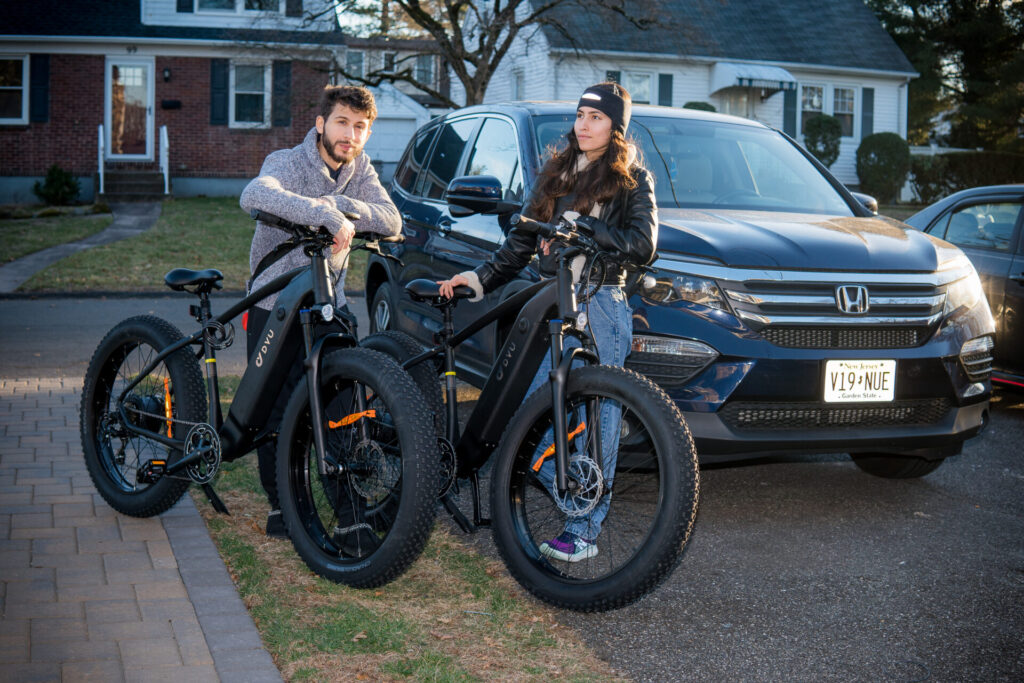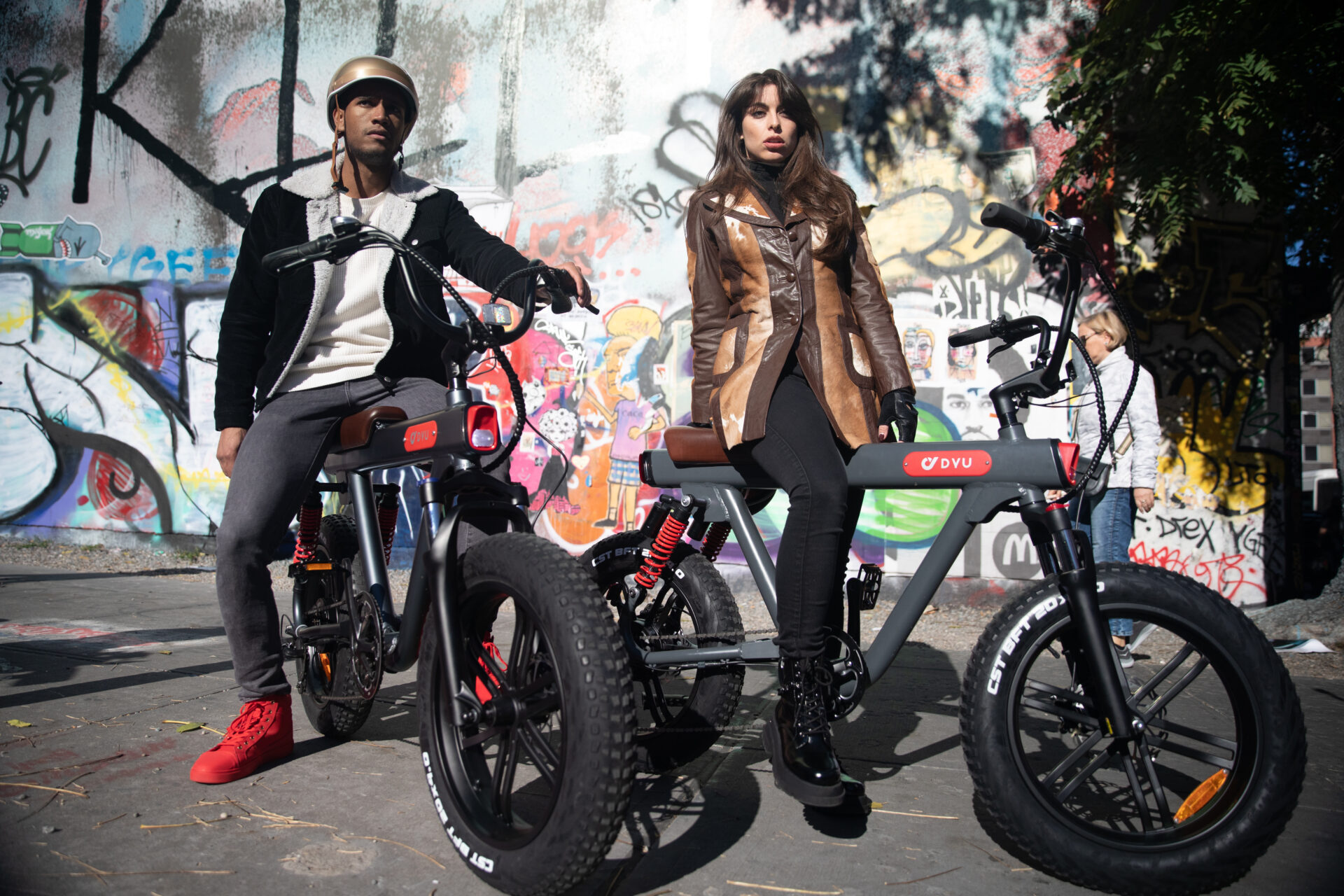Electric bikes, also known as e-bikes, have been gaining popularity in recent years as a more eco-friendly and efficient mode of transportation. E-bikes are bicycles with an electric motor that can assist the rider’s pedaling, making it easier to climb hills, carry heavy loads, and travel longer distances. However, there is some confusion about the legal status of e-bikes in various parts of the world. In this article, we will explore the question on whether ebikes are legal on road.
The answer to this question depends on several factors, such as the country, state, or city where you live, the type of e-bike you own, and the regulations that apply to bicycles and motorized vehicles in your area. Generally, there are three categories of e-bikes based on their speed and power:
- Class 1 e-bikes: These are pedal-assist e-bikes that can go up to 20 mph and have a motor that provides assistance only when the rider is pedaling. Class 1 e-bikes are usually considered as bicycles and are legal on bike paths, trails, and streets in most places.
- Class 2 e-bikes: These are throttle-assist e-bikes that can also go up to 20 mph but have a motor that can be activated without pedaling. Class 2 e-bikes may be subject to different regulations than Class 1 e-bikes, depending on the local laws.
- Class 3 e-bikes: These are pedal-assist e-bikes that can go up to 28 mph and have a motor that provides assistance only when the rider is pedaling. Class 3 e-bikes may be considered as bicycles or low-speed electric vehicles (LSEVs) and may require a license, registration, or insurance in some places.
It’s important to note that e-bike laws vary widely depending on the country, state, or city. For example, in the United States, e-bike regulations are set by individual states and may differ significantly from one another. In some states, e-bikes are considered as bicycles and are allowed on bike paths, trails, and roads. In other states, e-bikes may be subject to different speed limits, age limits, helmet laws, and other requirements.
In Europe, e-bike laws are more standardized and regulated by the European Union (EU). The EU defines e-bikes as bicycles with pedal assistance up to 25 km/h and a motor with a power output not exceeding 250 watts. E-bikes that meet these criteria are allowed on bike paths, trails, and roads without any additional requirements, such as a license or insurance. However, some EU countries may have additional regulations or restrictions on e-bikes, such as speed limits, age limits, or helmet laws.
In summary, the legal status of e-bikes depends on the type of e-bike you own and the regulations that apply to bicycles and motorized vehicles in your area. It’s important to check the local laws and regulations before buying or using an e-bike, and to follow the safety guidelines and recommendations for e-bike riders. With proper knowledge and care, e-bikes can provide a safe, convenient, and sustainable mode of transportation for people of all ages and abilities.
The DYU D series, which includes the DYU D3F と DYU D3+, is legal to use in both the USA and Europe.





